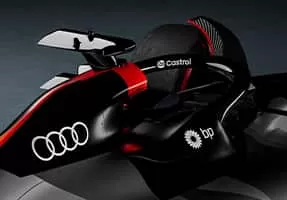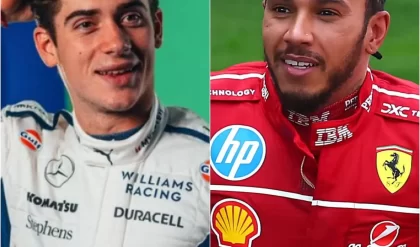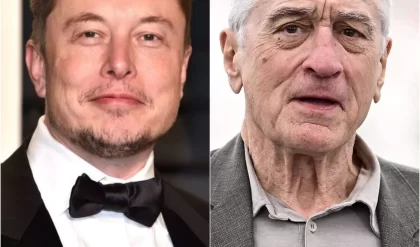Audi Resists as F1 Faces a V10 Revival Battle

Formula 1 is at a crossroads, and the roar of the past could soon drown out the hum of the present. Fans have long clamored for the return of the iconic V10 engines—those 3-liter, 1,000-horsepower beasts that defined the late ‘90s and early 2000s with their spine-tingling sound. The current 1.6-liter V6 hybrids, while engineering marvels, lack the visceral thrill of their predecessors, leaving purists yearning for a sonic resurgence. Now, the FIA is teasing a dramatic shift, hinting at a V10 comeback as early as 2028, fueled by sustainable fuels. But not everyone’s on board—especially Audi, whose opposition could derail this nostalgic revolution.
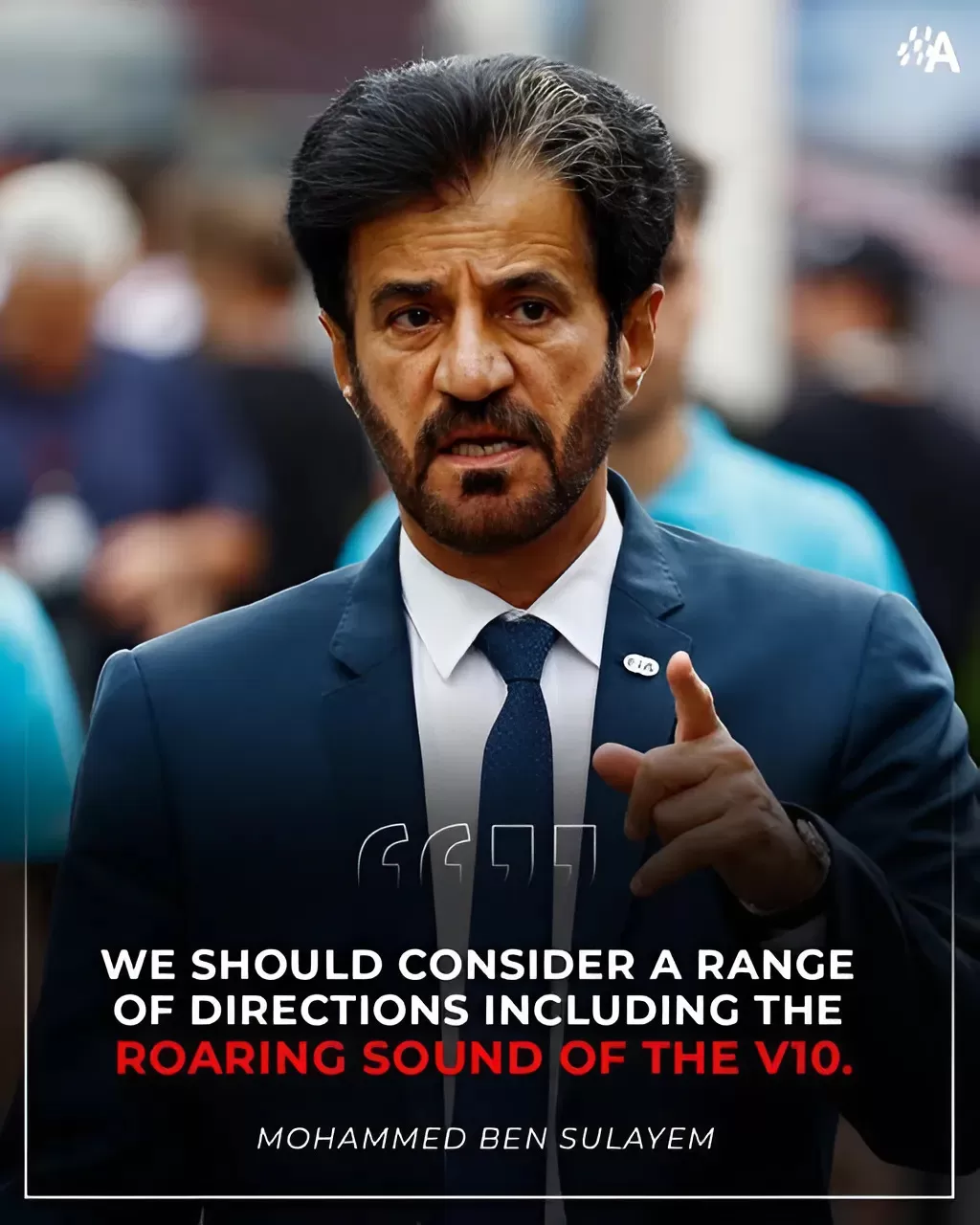
The 2026 season already promises upheaval, with engine rules set to retain the V6 but boost its hybrid component and switch to carbon-neutral, man-made fuels. This aligns F1 with the auto industry’s green shift, luring giants like Audi, Honda, Ford, and General Motors (joining in 2028) to the grid. Yet, the FIA’s pivot toward manufacturers has sparked debate: is F1 chasing relevance at the expense of its soul? FIA President Mohammed Ben Sulayem ignited the V10 buzz post-season launch, suggesting sustainable fuels could justify ditching hybrids for raw combustion power. “Why not?” he mused on Instagram, echoing fans who argue that if the fuel’s clean, bigger engines should roar again.
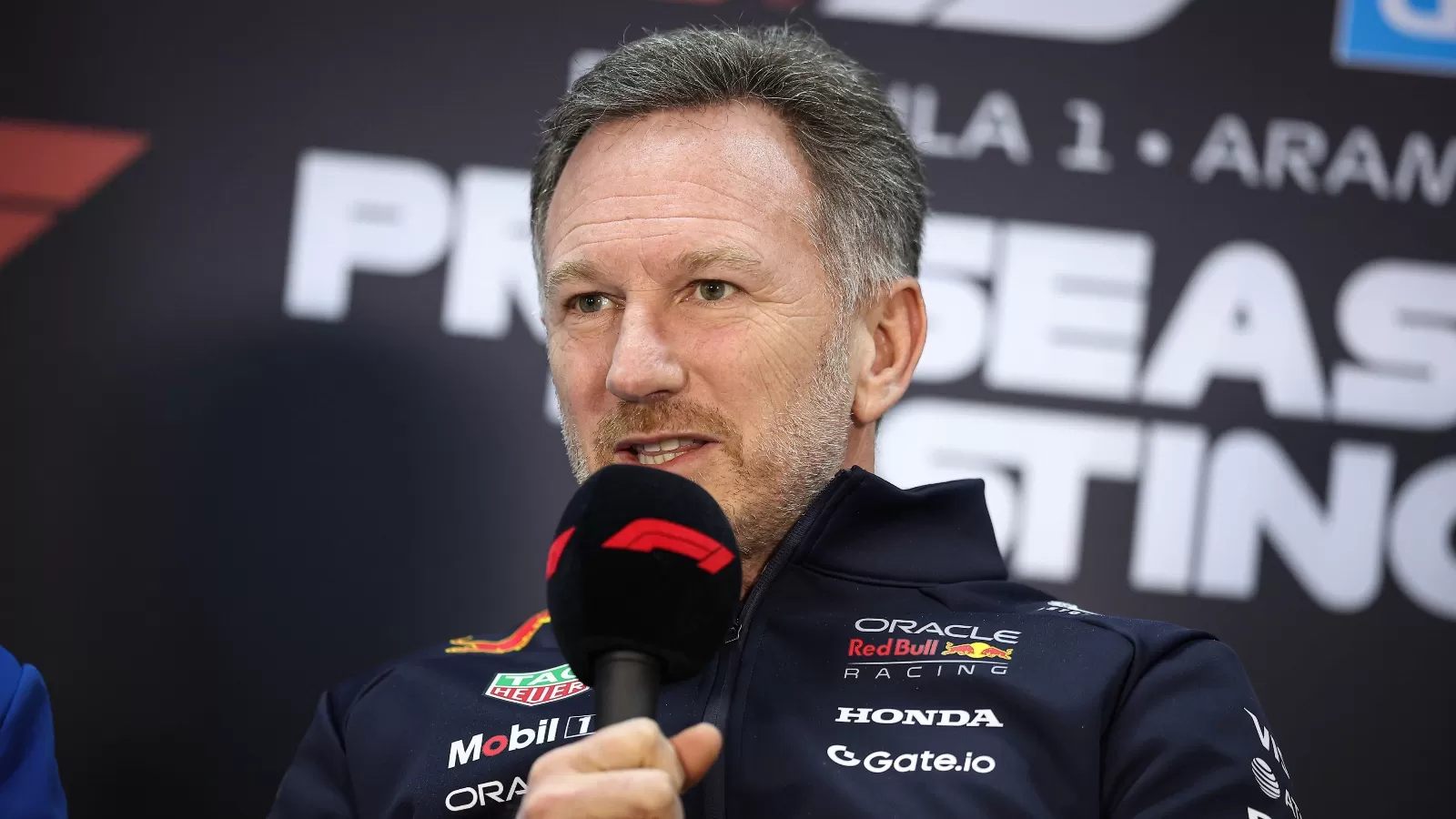
Support is growing. Red Bull’s Christian Horner, a self-proclaimed purist, backs the idea, envisioning V10s paired with sustainable fuels as a “responsible” spectacle boost. Ferrari, with its V10 heritage, sees value in tech transferable to its road cars—unlike the V6, a rarity in its lineup. Lewis Hamilton, soon to join Ferrari, adds star power to the cause, recalling how Michael Schumacher’s V10 at Spa in 1996 “vibrated my rib cage.” Even General Motors, prepping Cadillac for 2028, could benefit from a simpler, cheaper V10 shift. FIA single-seater director Nikolas Tombazis agrees costs are a factor: “The current power units are way too expensive,” he said, hinting at a leaner future.
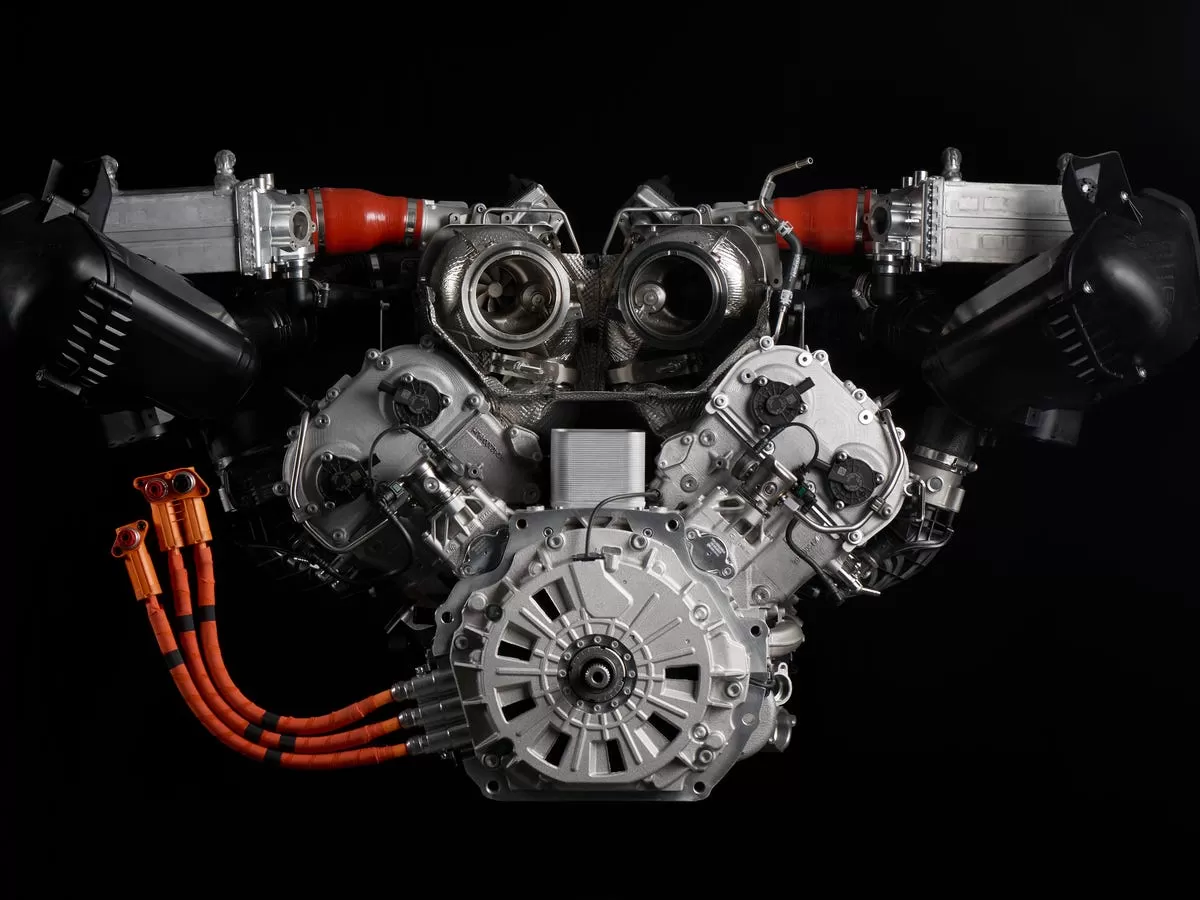
But Audi stands firm. Committed to the 2026 V6 turbo-hybrid, the German marque insists these rules were pivotal to its F1 entry. “These power units reflect the technological advancements driving our road cars,” Audi told The Race, signaling its hybrid focus aligns with electrification trends. Mercedes, dominant in the V6 era since 2014, shares this stance, unwilling to cede its edge. With manufacturers sinking hundreds of millions into 2026 tech—expected to last through 2030—any early pivot to V10s requires unanimous consent. Audi’s resistance could be a dealbreaker unless the FIA sweetens the pot.
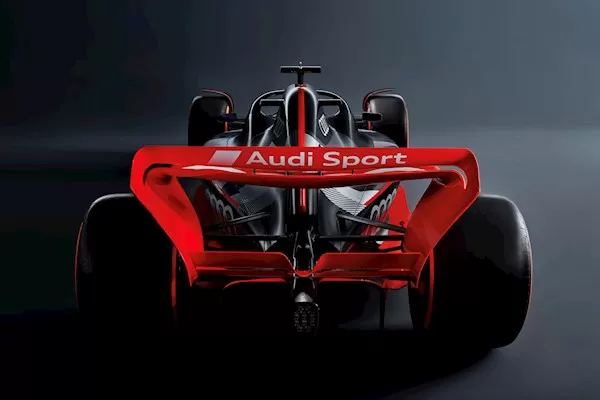
The stakes are high. A V10 return promises a competitive reset, leveling the playing field for newcomers like Audi and Red Bull against Mercedes’ decade-long mastery. It could slash costs and complexity, rekindling F1’s raw allure. Yet, with 2026 locked in, per Horner’s “Cinderella’s left the building” quip, 2028 looms as the battleground. Will nostalgia triumph, or will hybrid pragmatism prevail? Fans are roaring for V10s—now it’s up to the FIA and manufacturers to decide if F1’s future echoes its thunderous past.
